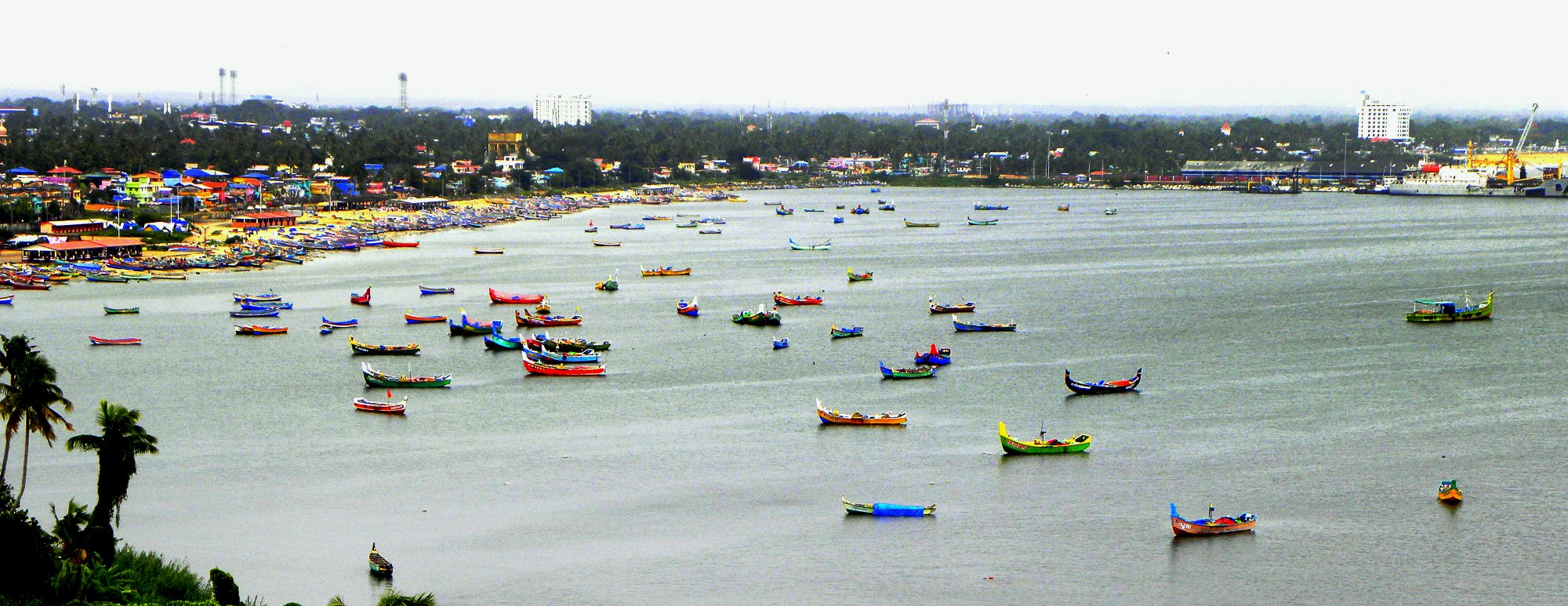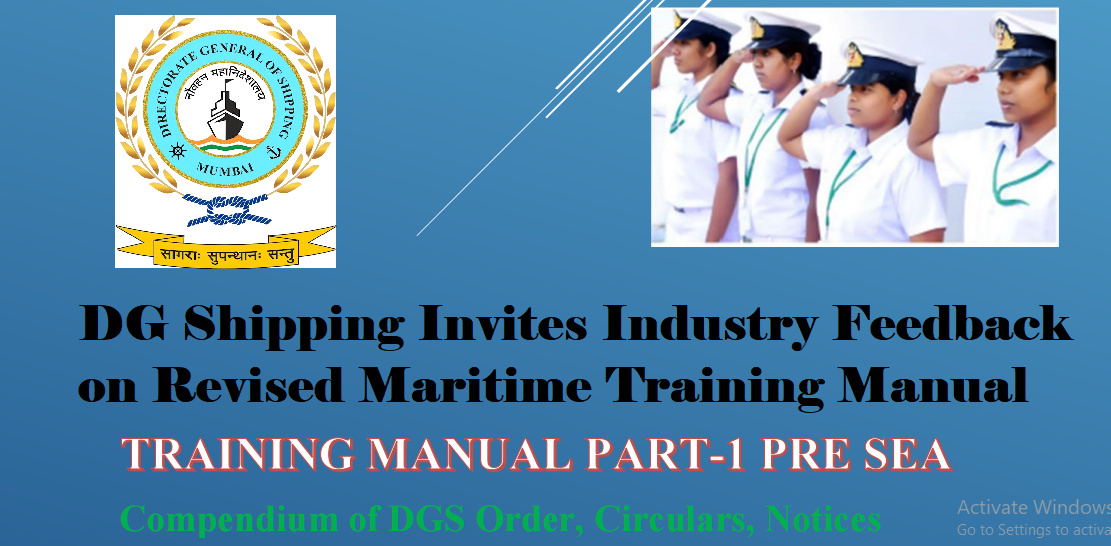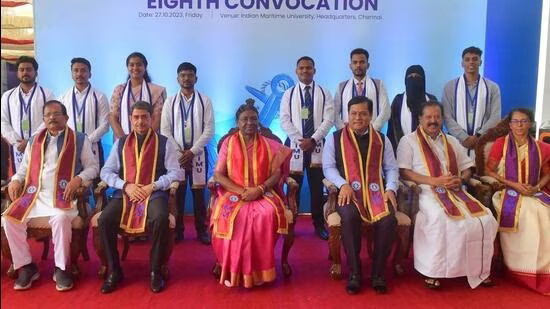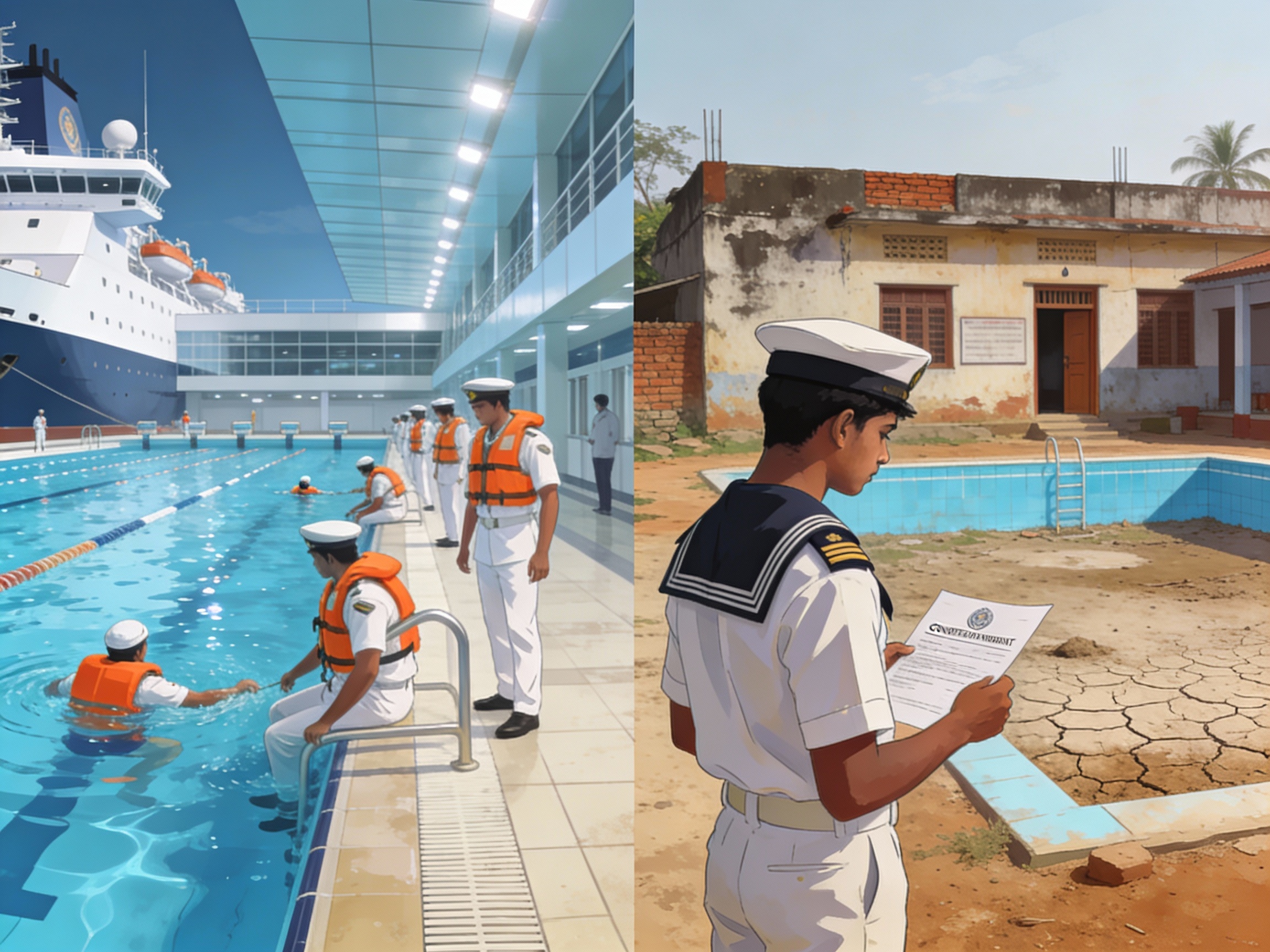India Must Embrace Maritime Education for Economic Growth
Maritime News India : As Sri Lanka takes significant strides in transforming its economy through maritime education, India stands at a crossroads. With a coastline stretching over 7,500 kilometers and approximately 200 non-major ports ( minor ports ), the country has immense potential to harness the maritime sector for local development.
The Port of Colombo is leading the way by incorporating maritime studies into school curriculums, ensuring that the next generation is well-equipped to navigate the complexities of shipping, logistics, and port management. This initiative not only prepares youth for careers in a critical industry but also empowers them to contribute meaningfully to their communities.
Learning from Sri Lanka’s Example
Sri Lanka’s commitment to maritime education through partnerships with institutions like CINEC and the National Institute of Education underscores the importance of preparing a skilled workforce. As the Port of Colombo positions itself as a vital global gateway, it serves as a beacon for India to follow. The Indian government and its respective departments must take heed and implement similar educational reforms to fully utilize the nation’s coastal resources.
The Urgent Need for Educational Reform
Currently, India has around 150 Directorate General of Shipping (DG-approved) maritime institutions, which focus primarily on higher education. However, this approach is not enough. The government must initiate extracurricular maritime studies in secondary and higher secondary schools, particularly in coastal regions and areas near non-major ports. This will provide students with foundational knowledge and skills that are directly applicable to their local economies.
Empowering Local Students as Key Players
Local students residing in minor ports are uniquely positioned to become catalysts for change in their communities. With a deep understanding of their regions, they can apply their knowledge of maritime operations to enhance the economic viability of non-major ports. By integrating maritime education into their curriculums, India can empower these students to share insights and utilize their skills in real-world scenarios, transforming local economies.
Promoting “Vocal for Local”
The Indian government must embrace the “Vocal for Local” initiative by fostering a sense of pride and responsibility among students regarding their coastal heritage. By encouraging local youth of minor ports to engage in maritime activities, the government can create a workforce that is not only knowledgeable but also passionate about sustainable development in their communities. This focus on local empowerment can lead to innovative solutions that benefit both the economy and the environment.
Collaboration Among Stakeholders
Key stakeholders including the Directorate General of Shipping, the Ministry of Ports, Shipping and Waterways, State Maritime Boards, the Maritime State Development Council, Port Authorities, local Educational Institutions and NGOs must collaborate to create a comprehensive framework for maritime education. This collaborative effort can ensure that educational programs are relevant, accessible, and aligned with the needs of local industries and international standards.
Conclusion: A Call to Action
As Sri Lanka advances its maritime education program, India must act decisively to develop its own maritime workforce. By prioritizing maritime studies in schools, investing in local talent, and fostering collaboration among stakeholders, India can create a robust maritime sector that drives economic growth and enhances the livelihoods of coastal communities. The time for action is now; the potential benefits are immense.




